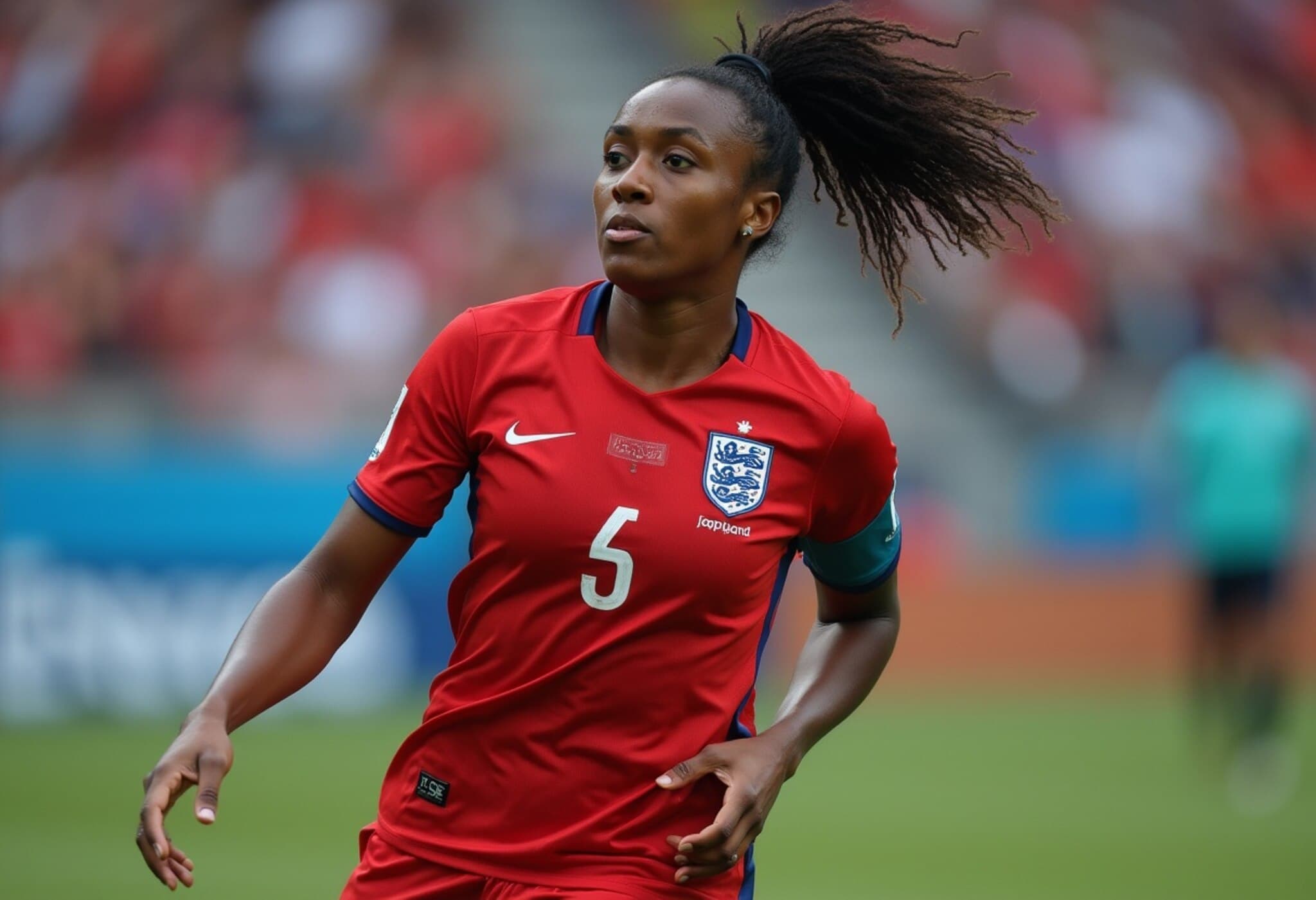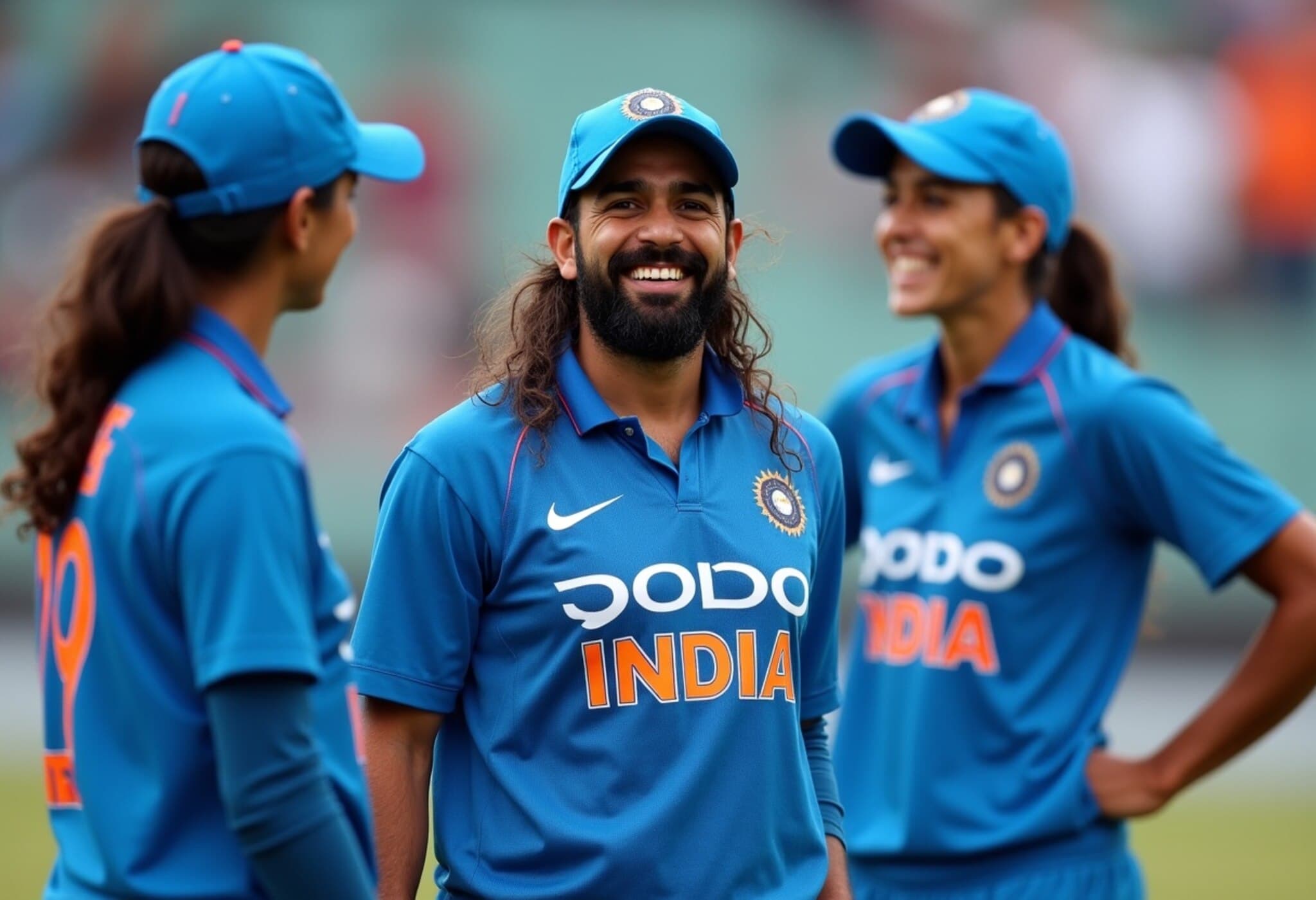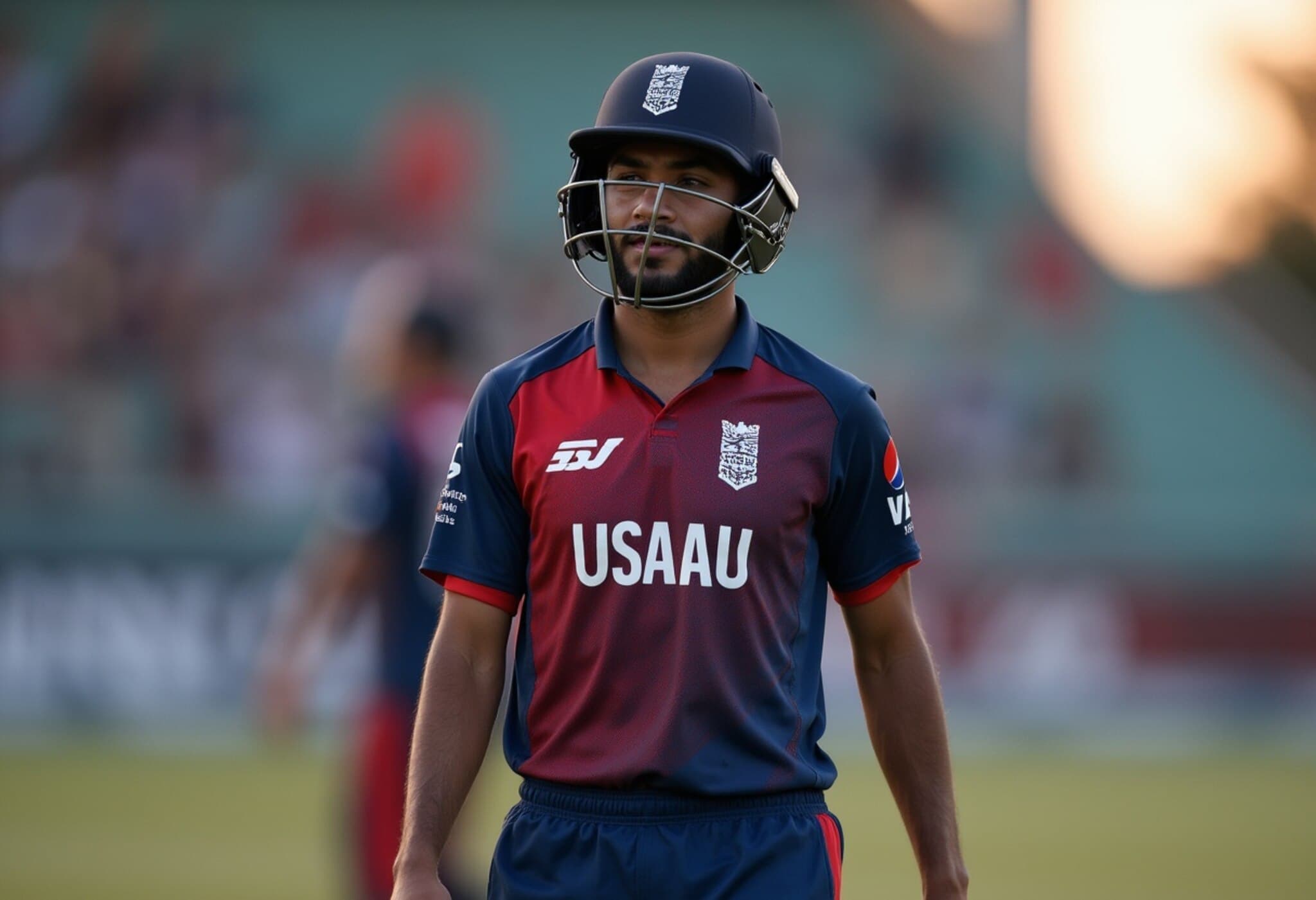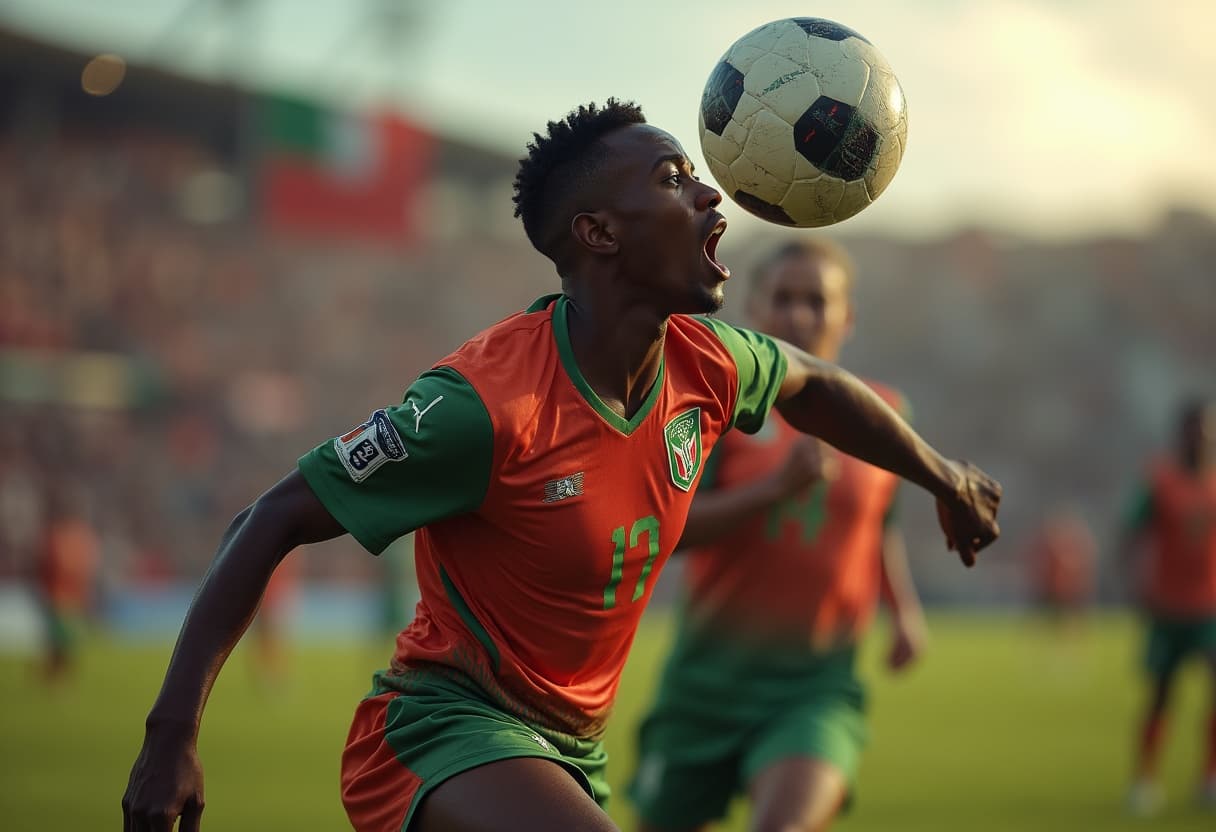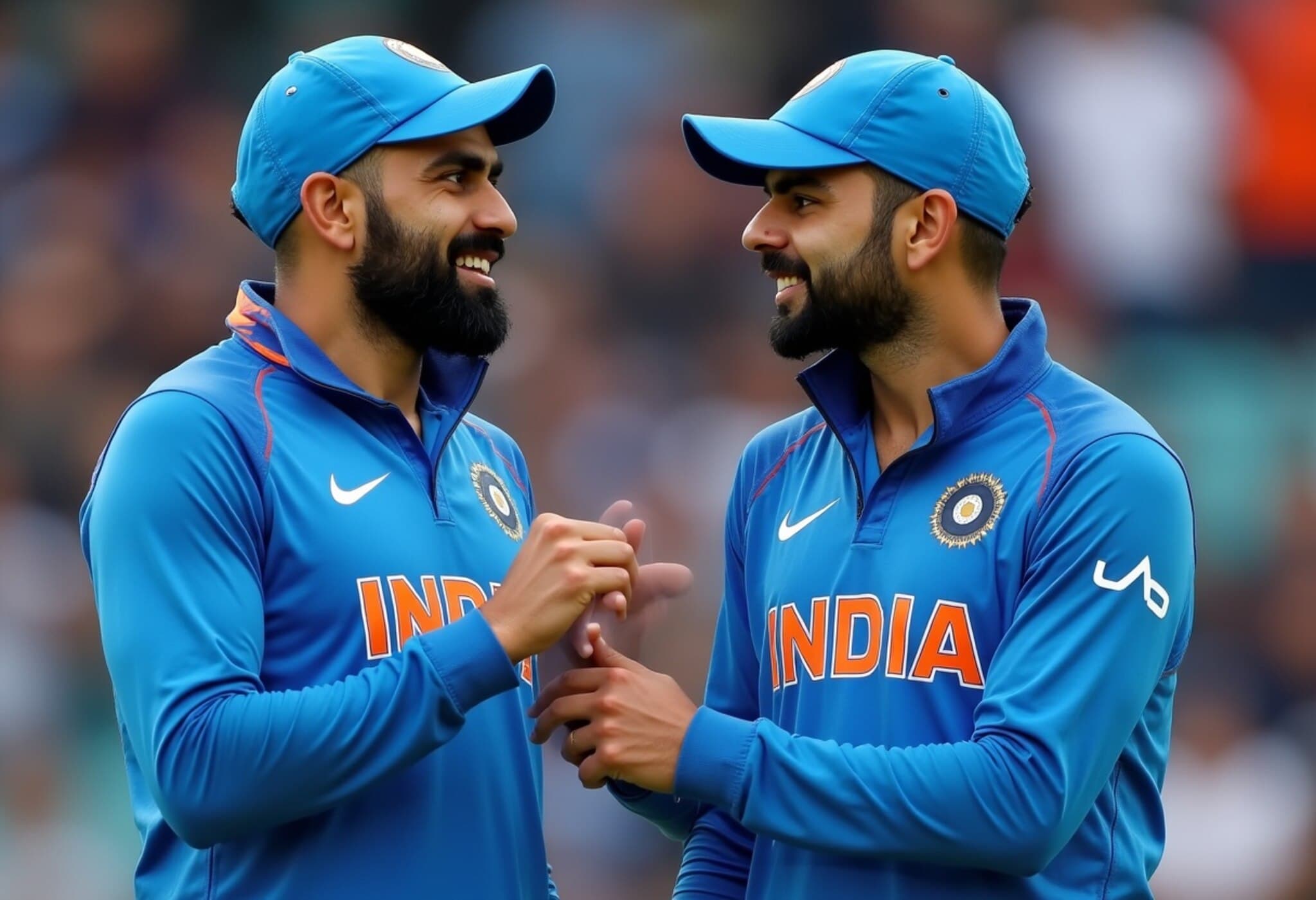England Lioness Jess Carter Calls for Stronger Social Media Action Against Racism
Jess Carter, a defender for both England’s women’s national soccer team—the celebrated Lionesses—and Gotham FC in the United States, has voiced a compelling call for social media companies to step up their efforts in combating racial abuse online. Her appeal comes in the wake of distressing racial attacks she endured during the UEFA Women’s EURO 2025 tournament, which England famously won after a tense penalty shootout against Spain in July.
Facing Abuse in the Spotlight: Carter’s Personal Struggle
Despite being no stranger to criticism—as many professional athletes often are—Carter found this wave of racial abuse particularly overwhelming. In a candid conversation with CNBC's Tania Bryer, she shared how the torrent of hateful messages forced her to take a break from social media entirely, a decision she described as necessary for her mental health and performance.
“I usually brush off the negativity as part of being in the public eye,” Carter explained, “but this time, I had to disconnect to protect my focus and well-being.”
Her experience underscores the deep emotional toll that online harassment can exert, even on resilient public figures.
The Unmet Responsibility of Social Media Platforms
Carter sharply criticized social media companies for their lackluster response to online hate speech, comparing it to how similar incidents would be swiftly addressed if they occurred in physical public spaces.
- “If someone shouted racist abuse on the street, that would be a hate crime,” she noted. “But online, accountability is often absent.”
- She praised platforms such as Twitter for improvement in filtering harmful content but insisted “the system needs to be proactive, not reactive.”
- Carter emphasized that individuals propagating racial abuse online should face legal consequences equivalent to those offline.
Her stance reignites the broader conversation about digital regulations and corporate accountability in the fight against online hate—a pressing issue in today’s interconnected world.
Rethinking Anti-Racism Gestures in Football
Interestingly, Carter chose not to participate in taking the knee—a global anti-racism symbol—before Euro 2025 matches. Instead, she suggested that football needs to “find another way” to confront racism, advocating for more effective and visible strategies beyond symbolic acts.
The Power of Speaking Out and Support Networks
Reflecting on her journey through the abuse, Carter acknowledged the importance of breaking silence. Initially trying to withstand the attacks alone, she found that opening up to teammates, friends, and family provided vital emotional support.
“Speaking up helped me feel less isolated and more empowered,” she revealed, encouraging others facing similar abuse to seek help and not suffer in silence.
Championing Inclusivity and Accessibility in Women’s Football
Carter also highlighted a less frequently discussed challenge in women’s sports—the accessibility and visibility of the game. She admitted growing up unaware that a professional career in women’s football was even possible until she joined Birmingham City at 16.
Her message resonates beyond sport: building inclusivity in all arenas requires awareness, opportunity, and encouragement, regardless of background.
Expert Insights: The Complex Landscape of Online Abuse in Sports
From a policy perspective, Carter’s experience shines a light on a systemic issue—the gap between existing hate crime legislation and its application online. Current US and UK laws struggle to keep pace with rapidly evolving digital platforms, leaving many victims without straightforward avenues for redress.
Experts suggest that social media firms must invest in advanced AI moderation tools, better human oversight, and transparent reporting mechanisms while working closely with law enforcement. Moreover, empowering athletes to participate in crafting anti-abuse protocols could bridge the empathy gap often seen in tech-centric policy solutions.
Looking Ahead: A Call to Action
Jess Carter’s candid testimonies and call for reform remind us that the battle against racism—both online and offline—is far from over. As society watches the global stage of women’s football rising in profile and influence, integrating robust protections against hate speech becomes critical not only for athletes’ mental health but for the sport’s integrity and future fan engagement.
Summary Box / Editor’s Note
- Jess Carter’s experience during Euro 2025 underscores a disturbing rise in online racial abuse toward athletes.
- Social media platforms face mounting pressure to treat online hate with the same gravity as physical hate crimes.
- Speaking out and community support are vital coping strategies for targets of online abuse.
- There is a growing need for innovative and effective anti-racism approaches within professional sports.
- Accessibility and awareness remain key challenges in women’s football, inspiring calls for broader inclusivity.
As digital landscapes evolve, so must our collective responsibility to foster dignity and respect—starting with acknowledging the real human toll behind social media screens.

